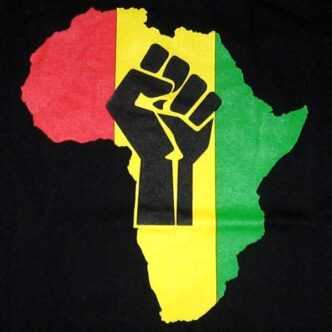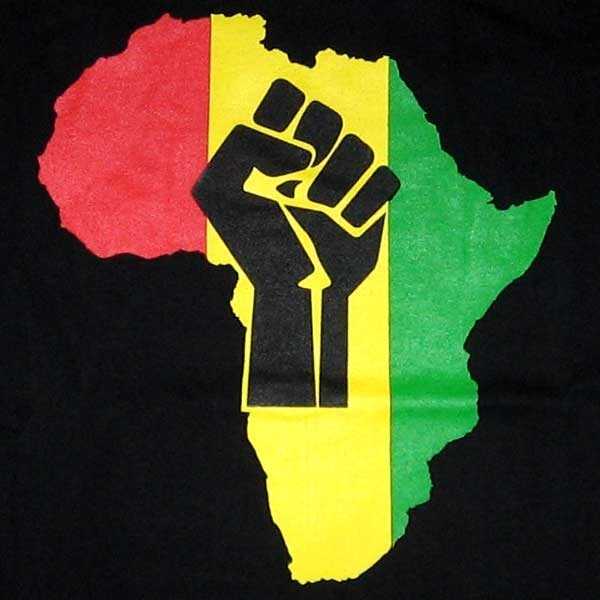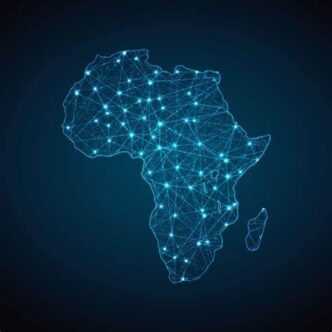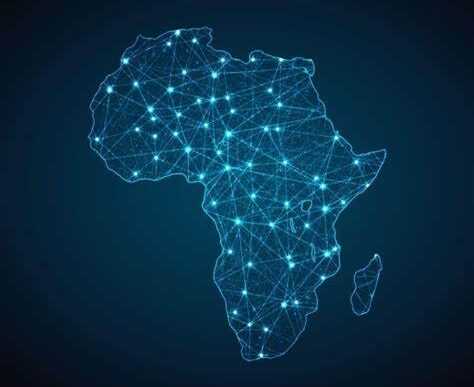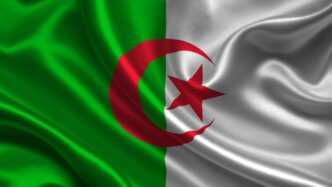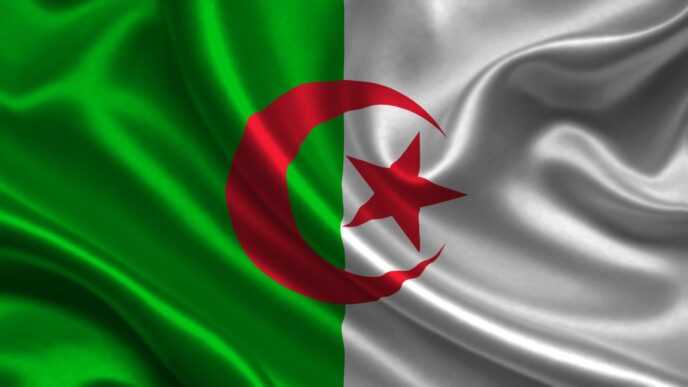One of the major historical points of colonial rule in Africa was the Berlin conference held between 1884 and 1885, during which the European colonial powers partitioned and divided African land, people, and tribes for colonial rule. The colonial rulers, far from African heritage and beliefs, ruled with hostile colonial borders, lines drawn in the sand, and linguistic borders; however, this hostile and strict divisionism of the African Land and people did not hold down the bonds and resilience of the African people in stead it gave rise to Individuals who dared to conceive a continent not separated by colonial borders, ethnic lines, or linguistic obstacles. Leaders, activists, thinkers, and cultural icons, these unifiers were visionaries who pushed for African unification above and beyond national concerns.
Through their beliefs and actions, these people aimed to forge relationships across geographical and ethnic divides and bring their people together within national borders. This written piece spotlights these visionaries, shining a spotlight on their beliefs and acts of true African unity and Pan Africanism.
Kwame Nkrumah
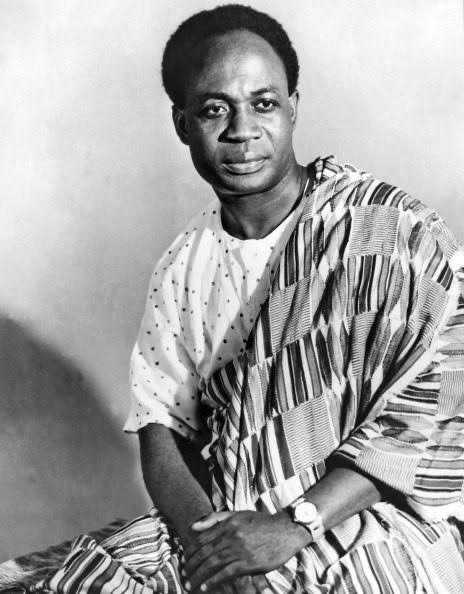
Kwame Nkrumah was the first Ghanaian Prime Minister from 1957 to 1960 and the first Ghanaian President from 1960-1966. He was a political theorist and philosopher who held a unifying vision for the African continent and viewed African Unity as an essential principle to the end of colonial occupation of Africa. He acted as a unifier not only within the borders of Africa, he organized with other diasporic pan-Africanists.
Kwame Nkrumah was a serious advocate for the dream of one Africa he called the United States of Africa, with a common army, currency, and foreign policy. His ideologies on true Pan Africanism and unity were captured in his writings like Africa Must Unite and Neo-Colonialism: The Last Stage of Imperialism, which shaped key ideological discourse. His ideology and belief in a unified Africa led to the Founding of the Organization of African Unity (OAU) in 1963.
Haile Selassie I
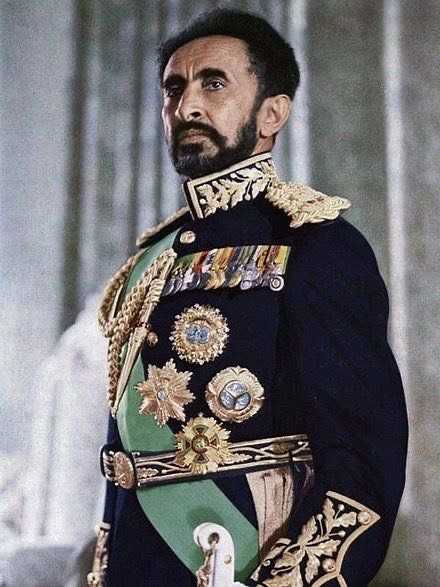
Haile Selassie I was the Emperor of Ethiopia from 1930 to 1974 and was a key Figure in modern Ethiopian History, leading major political and social reforms, including the 1931 constitution and the abolition of slavery in 1942. He advocated strongly for African solidarity, utilizing Ethiopia’s symbolic position as a resistance to colonial conquest.
He was a shining symbol and advocate of African sovereignty. This was even more apparent by his hosting the first OAU summit in Addis Ababa in 1963.
Julius Nyerere
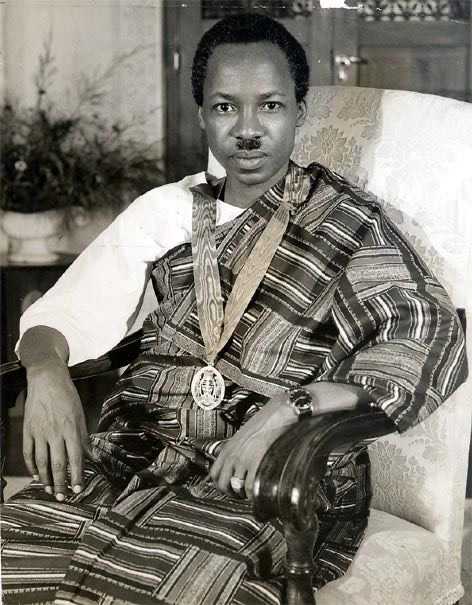
Julius Nyerere was the leader of Tanganyika, which is present-day Tanzania, from 1961 to 1962 and president from 1962 to 1985. He was an anti-colonial activist and political theorist who held the ideology of African nationalism and socialism and non-violent protest methods. Julius Nyerere was a provider of sanctuary support to many liberation movements and efforts across southern Africa and was highly influential in regional integration efforts in East Africa. He was a promoter and supporter of African linguistics and languages, through conservation efforts directed at protecting and promoting cultural languages and linguistics. He was a visionary for a unified African voice.
Thomas Sankara
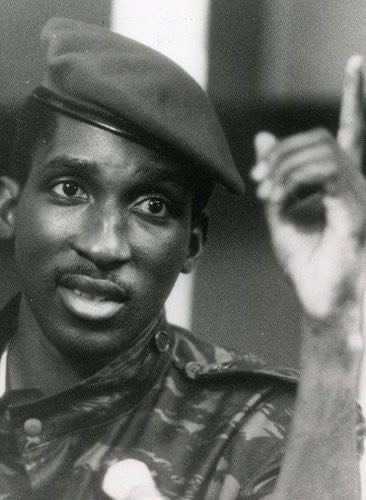
Thomas Sankara was a Pan African Revolutionary Burkinabè military officer who served as president of Burkina Faso from 1983 to 1987. He is reportedly one of the youngest African leaders in history who launched many social, ecological, and economic reforms, all focused on anti-imperialism, notably rejecting loans from international financial Institutions.
He was an activist advocating on many fronts, from women’s rights to environmentalism and African self-sufficiency. He often called for solidarity amongst African nations and pan African debt cancellation, and economic partnerships and solidarity. This revolutionary was sadly assassinated in 1987; however, the vision of Thomas Sankara, as his speeches remain popular and a huge motivation for African activists, is revered today as a Martyr for African unity and dignity.
Patrice Lumumba
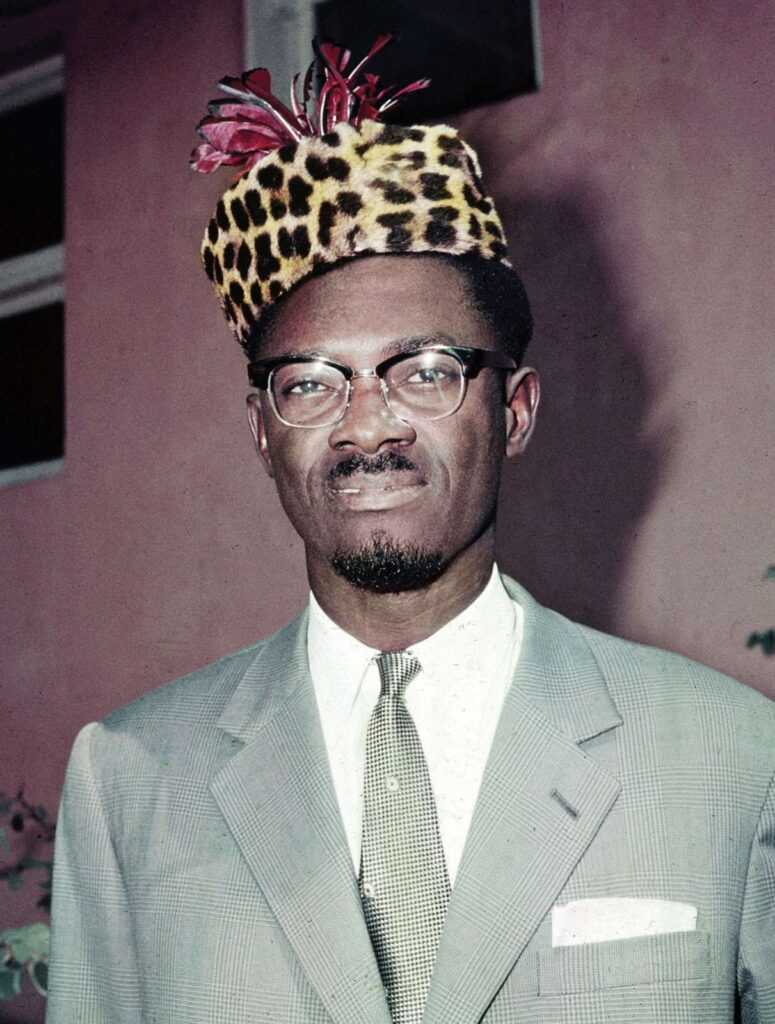
Patrice Lumumba was an independence activist and the first Prime Minister of the Democratic Republic of the Congo from 1960 to 1961. He held and supported the ideologies of African nationalism and pan Africanism. He saw African unity as a strong defense against Western interference and colonialism. Sadly, assassinated in 1987, confirmed to be motivated by Western intrusion, however, the intrusion of the West could not quell the message and vision of Patrice Lumumba, as he has today become a symbol for African resistance to Western forces and African neo-colonialism.
Cheikh Anta Diop
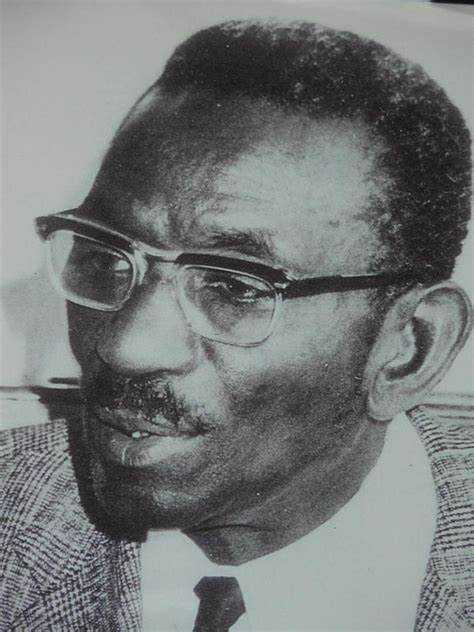
Cheikh Anta Diop was a renowned Senegalese historian, physicist, and anthropologist praised for his influential work focused on African History and culture. He focused his research and studies on the origins of the Human race and African culture. His findings are considered as foundations of the theory of Afrocentricity.
As an Afrocentrist, he questioned the status quo at the time about cultural bias in scientific research,which led to a turnaround around the postcolonial study of African civilizations. He was also regarded as an Egyptologist as a result of his use of historical and linguistic evidence and methods to confirm that ancient Egypt was a Black African civilization. He advocated for a cultural and scientific renaissance to unite African identity and strongly supported the idea of a shared historical destiny for Africans.
Wole Soyinka
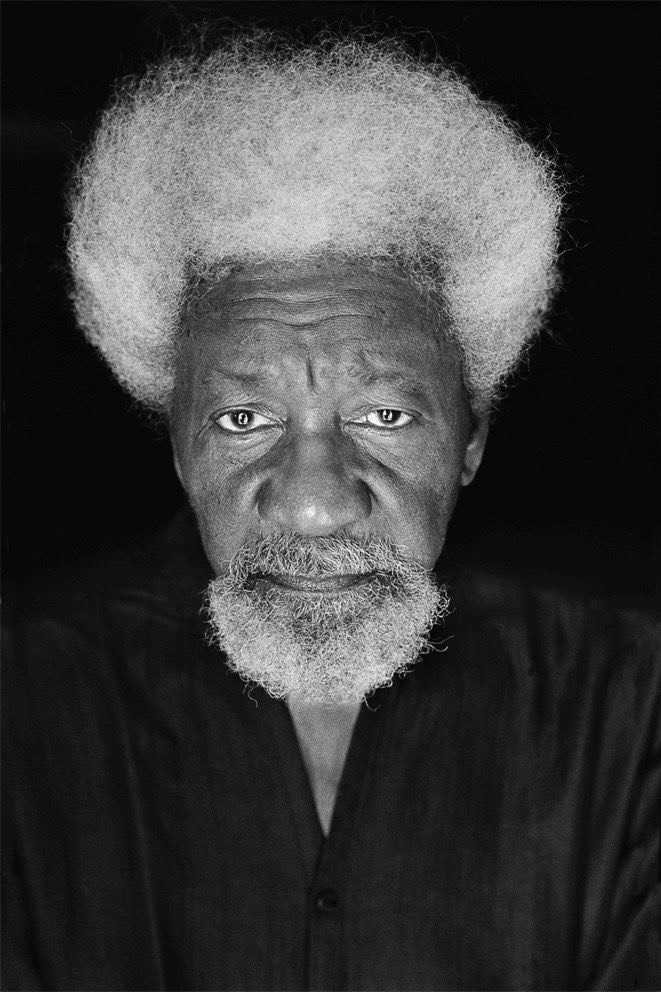
Wole Soyinka is an author, playwright, and poet with over 20 written works ranging from novels to poetry collections. He is regarded as one of Africa’s greatest writers and has been awarded the 1986 Nobel Prize in Literature. Through his works, he has advocated for the cultural freedom and justice of all Africans. He supports the ideology of Pan Africanism, and he challenges authoritarianism with his writings.
These unifiers were more than theorists but visionaries of an Africa that is underway to being achieved. Their speeches, actions, and visions are a challenge to the present-day African people to overcome inherited separation and divisions and embrace the power of a unified African voice in any way and every way they can. With today’s realities, the unification of the African voice is well within reach.
